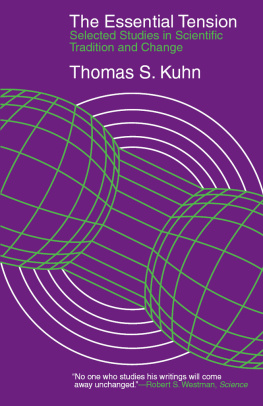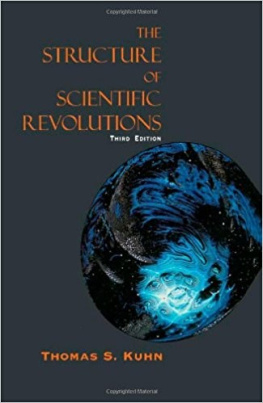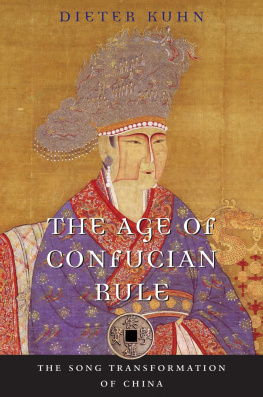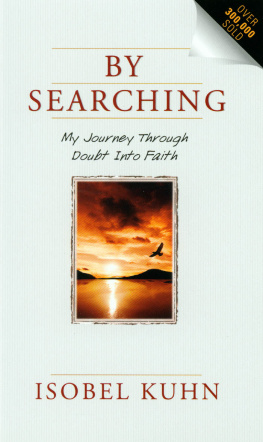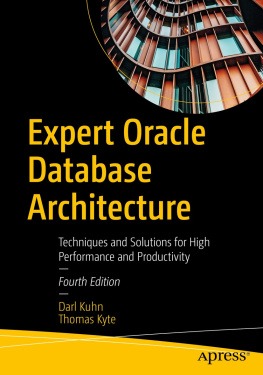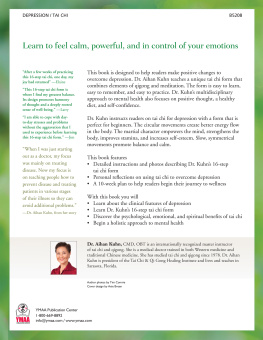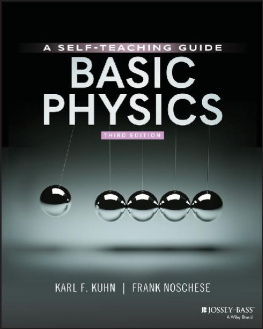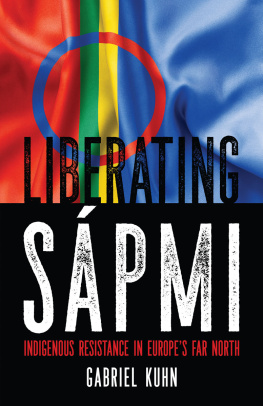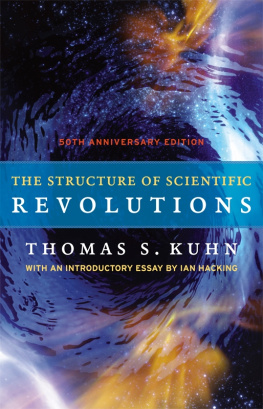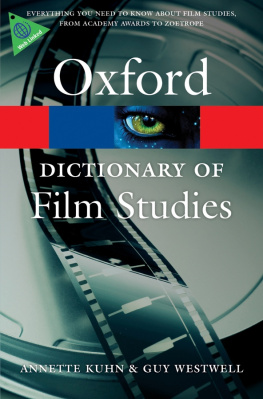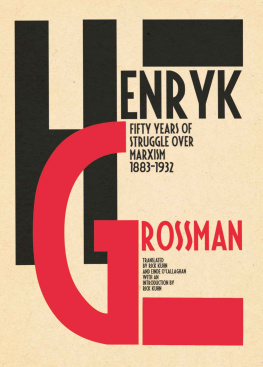Thomas S. Kuhn - The Essential Tension
Here you can read online Thomas S. Kuhn - The Essential Tension full text of the book (entire story) in english for free. Download pdf and epub, get meaning, cover and reviews about this ebook. year: 1977, publisher: University of Chicago Press, genre: Science. Description of the work, (preface) as well as reviews are available. Best literature library LitArk.com created for fans of good reading and offers a wide selection of genres:
Romance novel
Science fiction
Adventure
Detective
Science
History
Home and family
Prose
Art
Politics
Computer
Non-fiction
Religion
Business
Children
Humor
Choose a favorite category and find really read worthwhile books. Enjoy immersion in the world of imagination, feel the emotions of the characters or learn something new for yourself, make an fascinating discovery.
- Book:The Essential Tension
- Author:
- Publisher:University of Chicago Press
- Genre:
- Year:1977
- Rating:3 / 5
- Favourites:Add to favourites
- Your mark:
- 60
- 1
- 2
- 3
- 4
- 5
The Essential Tension: summary, description and annotation
We offer to read an annotation, description, summary or preface (depends on what the author of the book "The Essential Tension" wrote himself). If you haven't found the necessary information about the book — write in the comments, we will try to find it.
The Essential Tension — read online for free the complete book (whole text) full work
Below is the text of the book, divided by pages. System saving the place of the last page read, allows you to conveniently read the book "The Essential Tension" online for free, without having to search again every time where you left off. Put a bookmark, and you can go to the page where you finished reading at any time.
Font size:
Interval:
Bookmark:
The Essential Tension
Selected Studies in Scientific Tradition and Change
Thomas S. Kuhn
The University of Chicago Press
Chicago and London
The University of Chicago Press, Chicago 60637
The University of Chicago Press, Ltd., London
1977 by The University of Chicago
All rights reserved. Published 1977
Printed in the United States of America
09 08 07 06 05 04 03 02 01 00 11 12 13 14 15
ISBN 978-0-226-21723-9 (ebook)
Library of Congress Cataloging in Publication Data
Kuhn, Thomas S.
The essential tension.
Includes bibliographical references and index.
1. SciencePhilosophyCollected works. 2. ScienceHistoryCollected works. I. Title.
Q175.K954 501 77-78069
ISBN 0-226-45806-7 (paper)
 The paper used in this publication meets the minimum requirements of the American National Standard for Information SciencesPermanence of Paper for Printed Library Materials, ANSI Z39.48-1992.
The paper used in this publication meets the minimum requirements of the American National Standard for Information SciencesPermanence of Paper for Printed Library Materials, ANSI Z39.48-1992.
For K. M. K.,
still my favorite eschatologist
Preface
Though I had played for some years with the idea of publishing a volume of selected papers, the project might never have become actual if Suhrkamp Verlag of Frankfurt had not asked permission to assemble some essays of mine in a volume of German translations. I had reservations both about their initial list and about authorizing translations I could not altogether control. But my doubts vanished entirely when an attractive German visitor, who has since become a friend, agreed to take editorial responsibility for a redesigned German volume. He is Lorenz Krger, professor of philosophy at the University of Bielefeld, and the two of us worked closely and harmoniously together on the selection and arrangement of the volumes contents. It was he, in addition, who persuaded me to prepare a special preface, indicating the relation between the essays and my better-known work, whether as preparation for it or as development and correction. Such a preface should, he urged, be designed to help readers better understand some central but apparently obscure aspects of my view of scientific development. Since the present book is very nearly a version in the original English of the German volume published under his supervision, I owe him a very special debt.
Inevitably, the effort required by the sort of preface Krger envisaged is autobiographical, and my exertions have sometimes induced the sense that my past intellectual life was passing before my eyes. Nevertheless, the contents of this volume do not, in one central respect, match the autobiographical aperus that my return to them has stimulated. The Structure of Scientific Revolutions did not appear until late in 1962, but the conviction that some such book needed to be written had come to me fifteen years before, while I was a student of physics at work on my doctoral dissertation. Shortly afterward I abandoned science for its history, and my published research was then for some years straightforwardly historical, usually taking narrative form. Originally I had planned to reprint some of those early essays here, hoping thereby to supply the autobiographical ingredient now lackingsome indication of the decisive role of historical practice in the development of my views. But experimenting with alternative tables of contents gradually persuaded me that historical narratives would fail to make the points I had in mind and might even prove significantly misleading. Though experience as a historian can teach philosophy by example, the lessons vanish from finished historical writing. An account of the episode that first led me to history may suggest what is involved, simultaneously supplying a useful base from which to consider the essays that follow.
A finished historical narrative consists largely of facts about the past, most of them apparently indisputable. Many readers therefore assume that the historians primary task is to examine texts, extract the relevant facts from them, and recount those facts with literary grace in approximate chronological order. During my years as a physicist, that was my view of the historians discipline, which I did not then take very seriously. When I changed my mind (and very shortly my craft), the historical narratives I produced were, by their nature, likely sources of the same misunderstanding. In history, more than in any other discipline I know, the finished product of research disguises the nature of the work that produced it.
My own enlightenment began in 1947, when I was asked to interrupt my current physics project for a time in order to prepare a set of lectures on the origins of seventeenth-century mechanics. For that purpose, I needed first to discover what the predecessors of Galileo and Newton had known about the subject, and preliminary inquiries soon led me to the discussions of motion in Aristotles Physica and to some later works descended from it. Like most earlier historians of science, I approached these texts knowing what Newtonian physics and mechanics were. Like them, too, I asked of my texts the questions: How much about mechanics was known within the Aristotelian tradition, and how much was left for seventeenth-century scientists to discover? Being posed in a Newtonian vocabulary, those questions demanded answers in the same terms, and the answers then were clear. Even at the apparently descriptive level, the Aristotelians had known little of mechanics; much of what they had had to say about it was simply wrong. No such tradition could have provided a foundation for the work of Galileo and his contemporaries. They necessarily rejected it and began the study of mechanics over again.
Generalizations of that sort were widely current and apparently inescapable. But they were also puzzling. When dealing with subjects other than physics, Aristotle had been an acute and naturalistic observer. In such fields as biology or political behavior, his interpretations of phenomena had often been, in addition, both penetrating and deep. How could his characteristic talents have failed him so when applied to motion? How could he have said about it so many apparently absurd things? And, above all, why had his views been taken so seriously for so long a time by so many of his successors? The more I read, the more puzzled I became. Aristotle could, of course, have been wrongI had no doubt that he wasbut was it conceivable that his errors had been so blatant?
One memorable (and very hot) summer day those perplexities suddenly vanished. I all at once perceived the connected rudiments of an alternate way of reading the texts with which I had been struggling. For the first time I gave due weight to the fact that Aristotles subject was change-of-quality in general, including both the fall of a stone and the growth of a child to adulthood. In his physics, the subject that was to become mechanics was at best a still-not-quite-isolable special case. More consequential was my recognition that the permanent ingredients of Aristotles universe, its ontologically primary and indestructible elements, were not material bodies but rather the qualities which, when imposed on some portion of omnipresent neutral matter, constituted an individual material body or substance. Position itself was, however, a quality in Aristotles physics, and a body that changed its position therefore remained the same body only in the problematic sense that the child is the individual it becomes. In a universe where qualities were primary, motion was necessarily a change-of-state rather than a state.
Though drastically incomplete and far too baldly stated, those aspects of my new understanding of Aristotles enterprise should indicate what I mean by the discovery of a new way to read a set of texts. After I achieved this one, strained metaphors often became naturalistic reports, and much apparent absurdity vanished. I did not become an Aristotelian physicist as a result, but I had to some extent learned to think like one. Thereafter I had few problems understanding why Aristotle had said what he did about motion or why his statements had been taken so seriously. I still recognized difficulties in his physics, but they were not blatant and few of them could properly be characterized as mere mistakes.
Next pageFont size:
Interval:
Bookmark:
Similar books «The Essential Tension»
Look at similar books to The Essential Tension. We have selected literature similar in name and meaning in the hope of providing readers with more options to find new, interesting, not yet read works.
Discussion, reviews of the book The Essential Tension and just readers' own opinions. Leave your comments, write what you think about the work, its meaning or the main characters. Specify what exactly you liked and what you didn't like, and why you think so.

